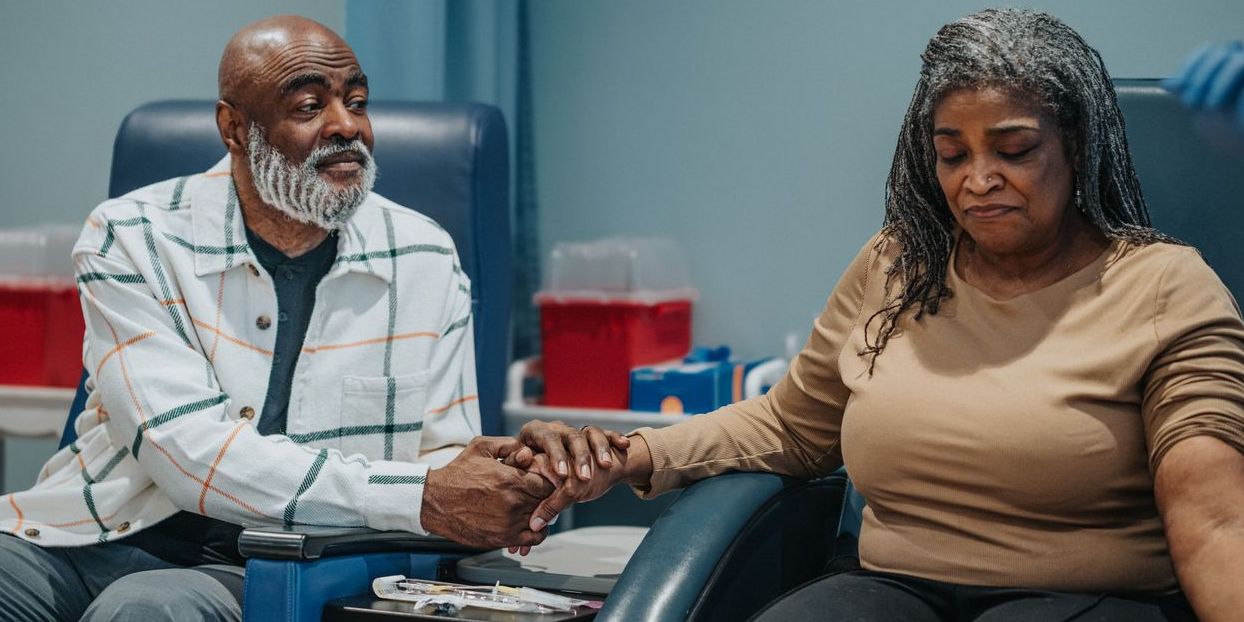The following is a summary of “It’s Hard Not to Have Regrets:” Qualitative Analysis of Decisional Regret in Bereaved Parents,” published in the MAY 2023 issue of Pain Management by Feifer, et al.
For a study, researchers sought to characterize decisional regrets reported by parents of children who died from cancer within the first two years of their grief to gain insight into early bereavement regret experiences.
The cross-sectional study was conducted at two sites and involved parents six to 24 months after their child’s death. Parents completed a survey that indicated whether they had any regrets about decisions made at the end of their child’s life and provided free-text elaboration. Content analysis was used to identify categories in parents’ responses.
A total of 125 parents with 88 children responded to the survey; 123 of them answered the question about decisional regret, and 84 (63%) went into more detail in free text. Parents who made decisions expressed remorse in 47 (38%) cases, expressed no regret in 61 (50%) cases, and were unsure in 15 (12%) cases. Parental free-text responses fell into five categories: treatments, including those pursued and/or abandoned (n = 57), decision-making procedures (n = 35), relationships with their children and the care team (n = 26), child suffering (n = 10), and end-of-life characteristics (n = 6). Parents with and without decisional regret reported the same relative frequency of categories, while parents with decisional regret reported self-blame as being more prevalent in their responses.
Many bereaved parents experienced decisional regret in early bereavement, and treatments and decision-making processes were the most cited among parents both with and without regret. Future research will focus on identifying factors associated with heightened parental risk of decisional regret using longitudinal studies.
Reference: https://www.jpsmjournal.com/article/S0885-3924(23)00005-2/fulltext














Create Post
Twitter/X Preview
Logout